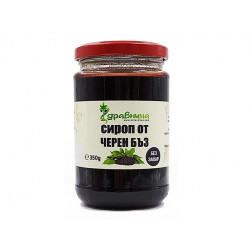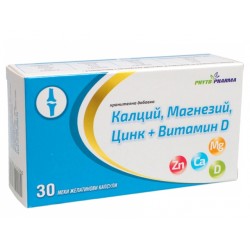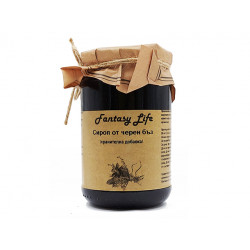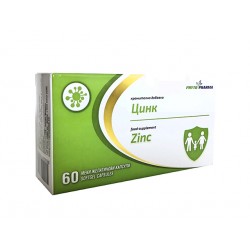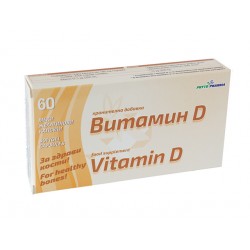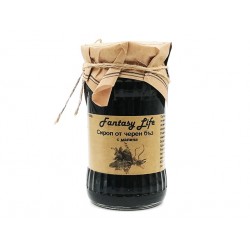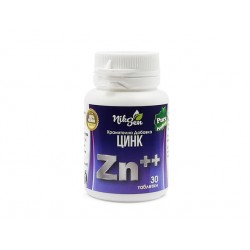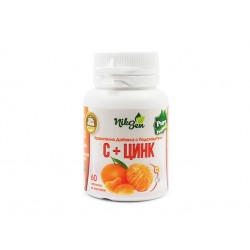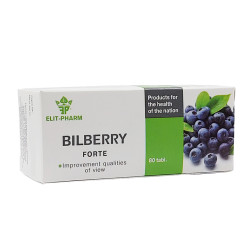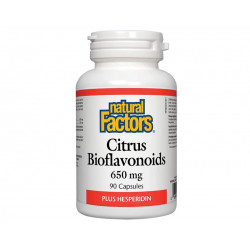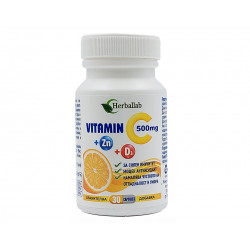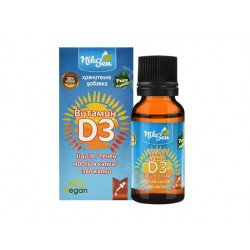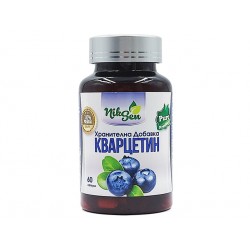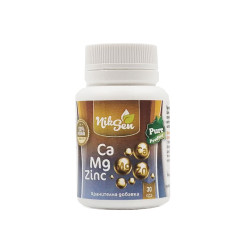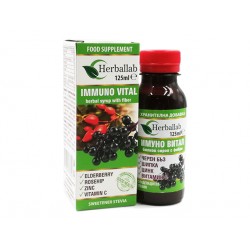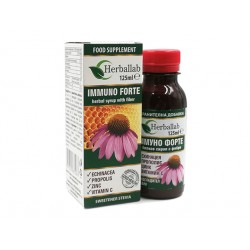Bioflavonoids are powerful antioxidants that neutralize free radicals in the body, have an antibacterial effect, and stabilize the normal intestinal flora. They are different types, and each of them has some other beneficial effects on the human body.
A unique bioflavonoid is quartzetin, which is most commonly found in citrus fruits. It has an activating antioxidant effect and protects the presence of vitamin C in the body.
Flavonoids are found in almost all fruits and vegetables. Plums, oranges, carrots, and tangerines are some of the richest foods in flavonoids. These phytonutrients are known to have extraordinary health benefits, including anti-inflammatory, antihistamine, and antimicrobial properties. They also improve the condition of the vascular wall of the blood vessels and thus support the blood supply of the lungs with sufficient blood and oxygen, which is important in the fight against the coronavirus and also in other flu infections.
Green and black tea, as strong antioxidants containing gallocatechins and theaflavins, can also help improve the condition.
Red grapefruit is considered one of the best means of detoxifying the body. The flavonoids it contains are pigments of plant origin that have the unique natural property of protecting against the attack of certain microbes.
Epicatechin is another flavonoid found in cocoa beans, grapefruit, green tea, and wine. It neutralizes free radicals and participates in the process of their degradation and removal from the body. Proanthocyanids are bioflavonoids that are extracted from strawberries, cherries, and blueberries. They have the property of increasing intracellular levels of vitamin C, strengthening blood vessels, and helping against blood clotting. They can also be a suitable food when overcoming infection.
Zinc plays an important role in the fight against viral infections. However, only mineral zinc as a supplement is difficult for the body to absorb. It should be absorbed through the food, and also in parallel with it, other substances help the cells to pass and absorb it. Such substances are, for example, quinine and flavonoids. They support the entry of ionized zinc - the most active in blocking viral multiplication.
Foods rich in zinc are: cashews, chickpeas, pumpkin seeds, cocoa, mushrooms, chicken, turkey, eggs, lamb, beef, salmon. Vegans and vegetarians should increase zinc-rich foods, as should smokers and heavy drinkers.
Normal levels of vitamin D are also very important in viral infections. Individuals with low values of this vitamin - and in general, Bulgarians have massively lower values than WHO recommends - are more prone to infections.
Foods rich enough in vitamin D are: cheese, tofu, almond milk, soy milk, mushrooms - especially shiitake or Bulgarian mushroom "Kladnitsa":, oatmeal.
A medicinal plant that also contains flavonoids is: Elderberry - Sambucus nigra - flower and fruit.
Elderberry /Sambucus nigra/ is a tree with gray bark, white flowers, with black fruits and a characteristic smell. In folk medicine, it is used as a diaphoretic and relieves the symptoms of runny nose, cough and sore throat. Its fruits have a mild laxative effect.
Recent data on the plant prove immunomodulatory properties. Its application is most popular as the described sugar syrup, or in the form of tea from the fruits in the following ratio:
1 tbsp. fruits or flowers are placed in a glass of boiling water. Drink half a glass 3-4 times a day.
An old folk recipe for preparing elderberry syrup for prevention against colds and flu:
In a glass jar of 500 ml, arrange a row of елдерберръ фруитс /Sambucus nigra/, sprinkle sugar or fructose on top, if there is a risk of diabetes. This is how several layers are formed until the jar is full and the last layer is sugar. It remains until the sugar is completely dissolved. It is then strained and ready for consumption.
You can buy syrup prepared according to this old recipe from "Zdravnitza".




